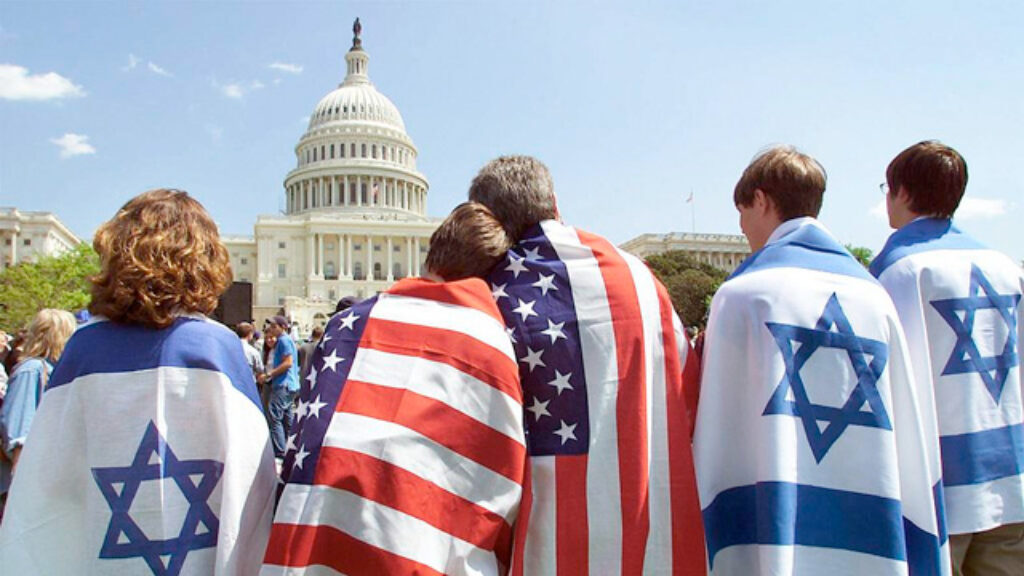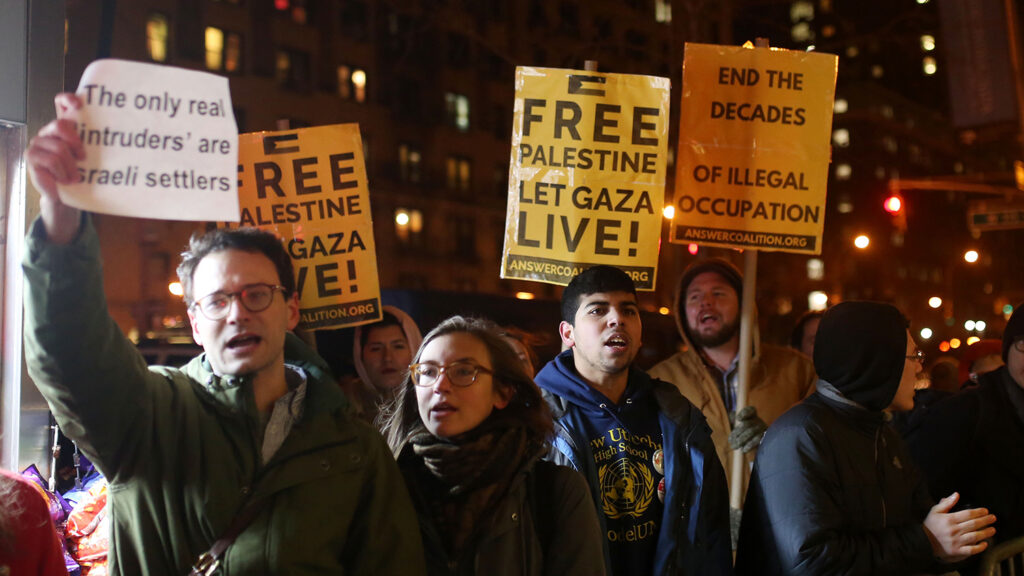Preserving Progress: Safeguarding Saudi-Israel Normalization From Disruption
BY ZACH LUKEMAN
Following the tragic events of October 7, a profound surge in tension between Israel and the Arab world has resurfaced. In light of the horrifying attack orchestrated by Hamas, the U.S.-designated terrorist group backed by Iran, it is understandable that the Jewish community is by and large overwhelmed by emotions. The animosity and cruelty exhibited towards the Jewish people in much of the Middle East does not help dispel Israelis’ anxieties. However, it is crucial to acknowledge that despite the existing animosity from some Arab nations, Israel has made meaningful strides in recent years toward peace with several Sunni Arab countries.
The Abraham Accords, signed in 2020, marked a turning point in Israel’s diplomatic history. Representing a departure from years of covert cooperation between Israel and the United Arab Emirates (UAE), marked notably by joint efforts against the COVID-19 pandemic, the Accords signaled a paradigm shift. By publicly normalizing relations, both nations made a resounding statement affirming Israel’s rightful place in the region.
Central to this diplomatic breakthrough was the UAE’s formal recognition of Israel and Abu Dhabi’s normalization of relations with the Jewish state. Israel reciprocated by agreeing to suspend plans to annex parts of the West Bank. Bahrain, inspired by this groundbreaking agreement, joined the treaty and established normalized relations with Israel. On September 15, 2020, the Bahraini and Emirati foreign ministers joined then U.S. President Donald Trump and Israeli Prime Minister Benjamin Netanyahu for a signing ceremony at the White House.
The Abraham Accords emerged against a backdrop of shifting sentiments in the Arab world. Exhaustion with the ineffective long standing dogma of hatred towards Israel, as encapsulated in the 1967 Arab League summit resolutions following defeat in the Six-Day War, prompted a reevaluation; the policy of rejecting peace negotiations and the refusal to recognize Israel had lost traction and began to seem futile for these Gulf nations. The UAE’s bold break from this unified Arab stance showed a growing willingness to accept Israel’s existence within the Middle East.
The essence of the Abraham Accords is embodied in its declaration: “We believe that the best way to address challenges is through cooperation and dialogue and that developing friendly relations among States advances the interests of lasting peace in the Middle East and around the world.” This lies in stark contrast with the policy suggested in the Arab League’s Khartoum Resolution, released following the Six-Day War, which called for no peace with Israel, no recognition of Israel, and no negotiations with Israel. The Accords served as a catalyst, sparking broader transformation in the Middle East as both Morocco and Sudan committed to normalizing relations with Israel following the September signing.
Prior to the attacks on October 7, Israel was actively engaged in negotiating a peace deal with Saudi Arabia, which has historic hostilities with Iran. These normalization talks were again mediated by the United States. The timing of the Iran-backed Hamas attacks on Israel was likely an attempt to disrupt these negotiations, invoke Arab unity between Riyadh and the Palestinians, and cease normalization talks. Despite the suspension of peace talks during the war, the Crown Prince of Saudi Arabia Mohammad bin Salman has expressed continued interest in resuming negotiations with Israel and the United States and has even called for the return of the hostages held by Hamas.
It is of the utmost importance that the Jewish people resist the impulse to project feelings about Hamas onto the entire Arab world. Such generalizations could inadvertently play into the hands of Hamas and Iran, potentially creating obstacles to Israel’s pursuit of peace with its Arab neighbors. It is imperative that Jews not forget the positive shift in sentiment towards Israel within the Arab sphere, as we work to realize a peaceful Middle East that includes a prosperous Israel.
Sources
https://www.britannica.com/topic/Abraham-Accords
https://www.vox.com/2020/8/13/21366509/israel-uae-peace-deal-trump-palestine
https://www.nytimes.com/2020/08/13/us/politics/trump-israel-united-arab-emirates-uae.html
https://www.ajc.org/abrahamaccordsexplained
Suggested Reading

A New Viewpoint on Diversity
Often, it seems that the people who talk about diversity never visit diverse communities. People seem to think that diversity is based on how one looks. True diversity is not about how someone looks, but how they act.

My Real Internal Conflict is Not One of Clashing Interests
When do my Jewish interests and American interests conflict? After much careful internal deliberation, I have concluded that they do not.

Regaining our Power Through Knowledge: The Solution to Rising Anti-Semitism on Campus
An emotional connection to our Judaism cannot be our only solace. Knowledge is the solution to the problem Jewish students face today.

The Jewish World of Alexander Hamilton
Andrew Porwancher’s The Jewish World of Alexander Hamilton dissects the Founding Father’s unique relationship to the Jewish community.